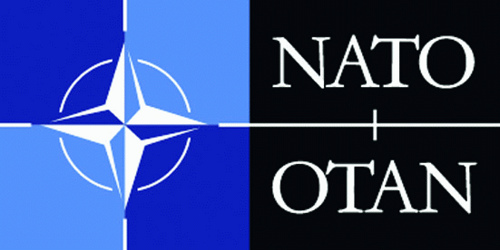From Stanley R. Sloan, the International Herald Tribune: The American response to the Gates speech has been impressive, across the political spectrum. Everyone knows that the alliance is by no means a perfect arrangement. And free-riding is an unfortunate but unavoidable consequence of cooperation between large and smaller powers. . . .
But if the United States tries shock therapy, as some advocates suggest, it might not get the hoped-for results. Individual NATO members might opt to make their own deals — some with other E.U. members, some with the United States, some with Russia, etc.
Indeed, a united Europe might emerge, designed to compete against rather than cooperate with the United States. There are enough uncertainties to suggest that America would be better off trying to improve and strengthen the alliance than dump or devalue it. . . .
When searching for alternatives to NATO, it is advisable to take a look around the world and ask what other countries would be as willing and able as the European members of NATO to contribute to international security in alliance with the United States. We face security challenges in Asia, but there is virtually no potential for an organized alliance there to help us deal with them.
Before consigning NATO to the scrap heap of history, we Americans should ask what we would put in its place and whether it would serve U.S. interests as well. Meanwhile, our European allies need to ask themselves if they want to encourage continued U.S. support for the alliance, and, if so, what they are prepared to do to earn it.
Stanley R. Sloan, author most recently of “Permanent Alliance?: NATO and the Transatlantic Bargain from Truman to Obama.”
Image: NATO-OTAN_0.jpg
